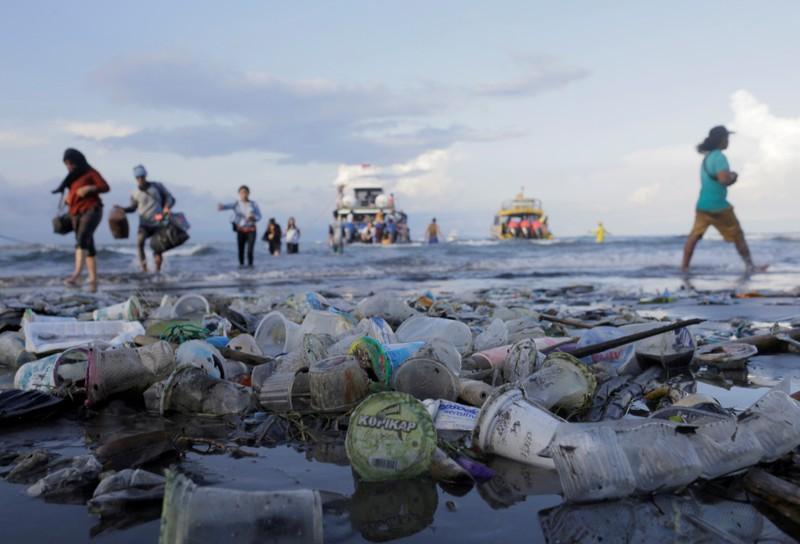The Nelson Mandela University (NMU) in the Eastern Cape has partnered with Stratchclyde University in the United Kingdom (UK) on a R358 million global ocean research programme.
The project, called the ‘One Ocean Hub”, will bring together competing interests of scientists around the globe to realise a vision of an integrated and sustainable approach to plastic pollution.
Environmental issues are also one of the major topics discussed this week at the annual World Economic Forum (WEF) in Davos, Switzerland.
Experts predict that by 2050 there will be more plastic than fish in our oceans. In 2016 more than 320 million tons of plastic was produced and is set to double by 2034.
An estimated eight million pieces of plastic end up in the ocean every day but pollution is just one of many environmental concerns.
“Ocean pollution is one but we also looking at over fishing, deep sea bed mining and also trying to appreciate more the spiritual and cultural values of the ocean as we as opportunity for medical research and other research deriving from marine resources,” says Prof. Elisa Morgera.
Small coastal towns across the world are already suffering the effects of global pollution.
“These communities depend on the oceans for their livelihoods and depend on it for leisure they have an emotional connection with the oceans and its imperative that we conserve our oceans and manage them sustainably so that we can have it for future generations and this is precisely what this project seeks to implement,” says Rose Boswell, NMU Executive Dean at Faculty of Arts.
In Nelson Mandela Bay, Algoa Bay is facing increased ecological threats.
“There are many new threats that are coming into the bay from a bio-diversity point of view so those will include aqua-culture increased bunkering for ships, for oil transfer and these are future economic streams that are coming online but they also carry impacts for the bio-diversity components of the bay which provide us with food and jobs,” says Mandy Lombard.
China, Indonesia, Thailand, Vietnam and the Philippines have been identified as the biggest plastic polluters.
Watch a related video below:






